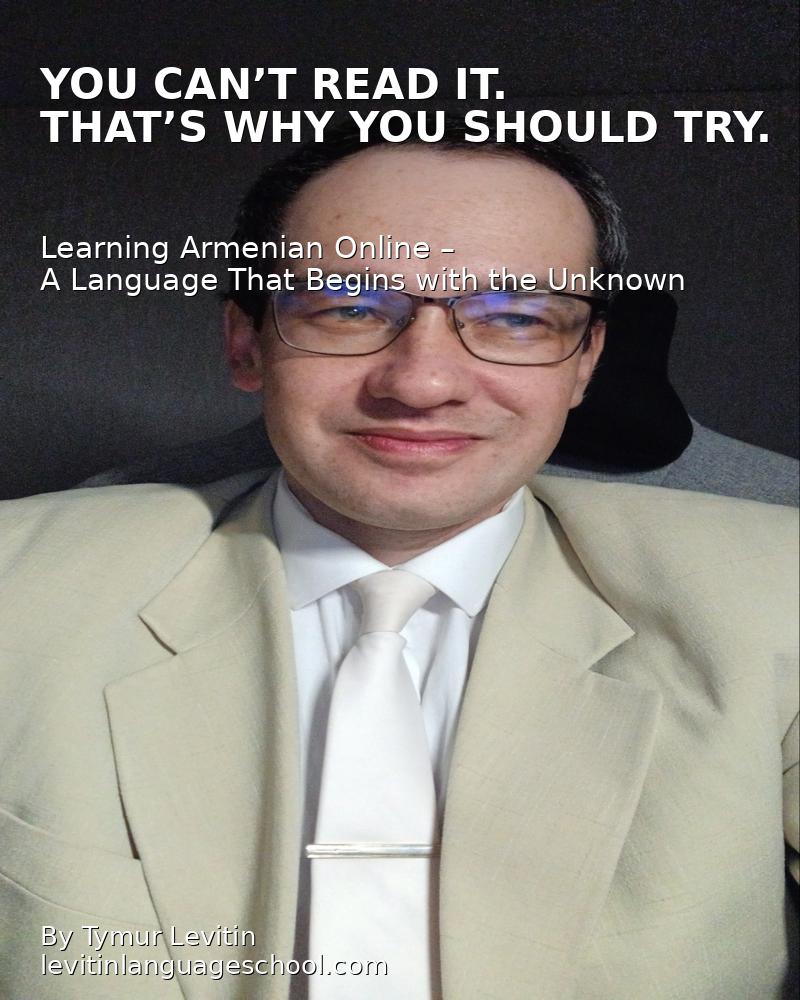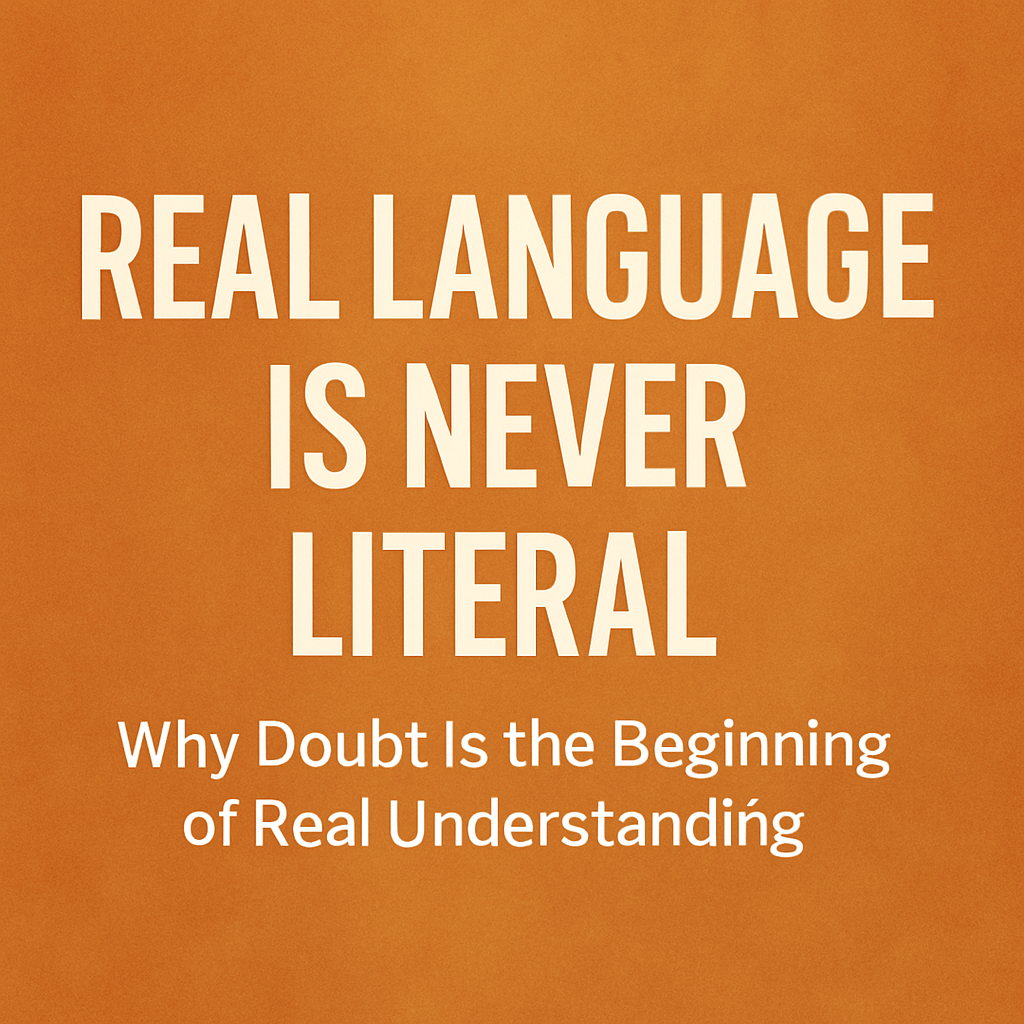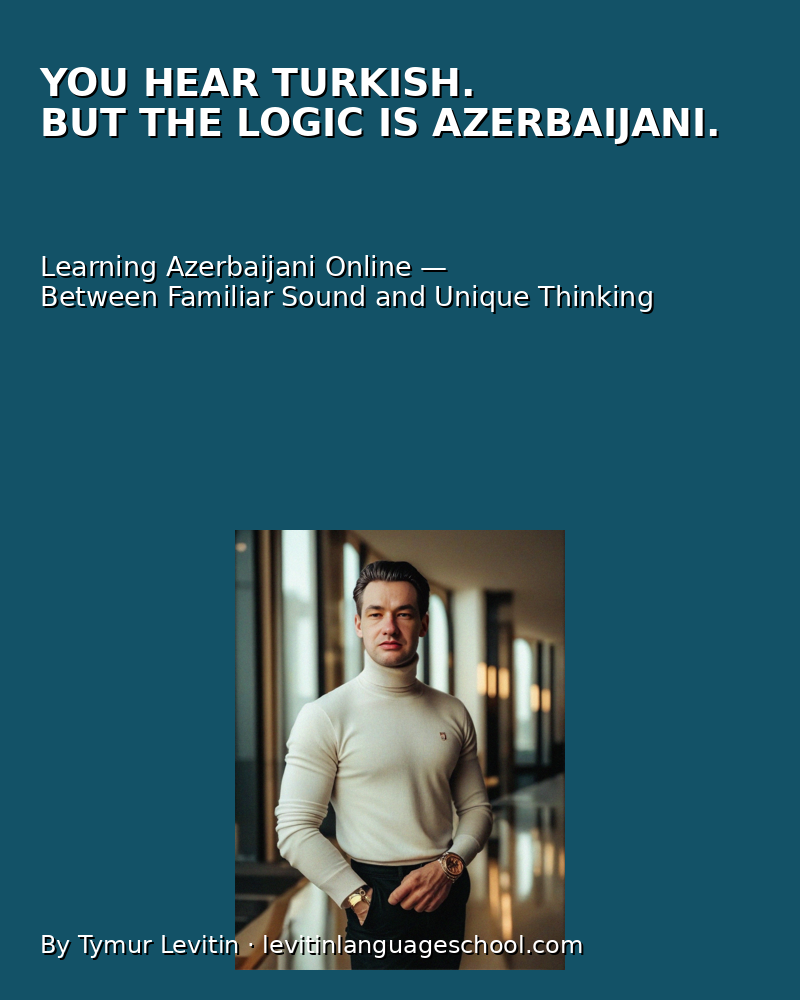Silence isn’t the absence of language.
It’s what makes language human.
We often treat language as speech. As sound. As something active, visible, measurable.
But the most powerful part of language is what we choose not to say.
Not because we don’t know the words — but because we know exactly what they might mean. Or do.
And because, sometimes, we choose to stay human, instead of just being fluent.
Silence is not a mistake — it’s a message
In my work with students, I’ve seen this again and again.
A student pauses. Doesn’t finish a sentence. Looks down.
And from the outside, it looks like they’re unsure. Searching for vocabulary.
But I’ve learned to recognize something else.
That moment of silence is not hesitation — it’s consideration.
They’re not lost. They’re choosing.
And that’s when I know we’re not just learning a language.
We’re learning what kind of people we want to be when we speak.
What we don’t say defines us
Anyone can learn to form a sentence.
But it takes something deeper to know when nie to say it.
In every language, there are words that are technically correct — but wrong in spirit.
There are jokes that cross invisible lines.
There are phrases that hurt, even when they translate perfectly.
And the student who holds back — not out of fear, but out of respect — has already begun to master the language in its human form.
Because language without conscience is just noise.
In a world that screams, choosing silence is a form of speech
Today, everything pushes us to react.
To reply, post, protest, argue, explain.
But there is power in not joining the noise.
There is clarity in choosing silence — not as retreat, but as position.
Sometimes silence is dignity.
Sometimes it’s resistance.
Sometimes it’s simply space — the breath that lets words matter.
Teaching language means teaching responsibility
As a teacher, I don’t just teach grammar and vocabulary.
I teach something deeper:
- How to listen.
- How to pause.
- How to know when silence speaks louder than correctness.
Real fluency is not how many words you know —
It’s how well you understand which words not to use.
We live in language. And in the silence between words.
What keeps language human is not how perfectly we speak —
but how carefully we choose to speak.
That, to me, is the quiet code.
And every time we choose silence with awareness,
we are choosing to stay human.
🔗 Related reading from our blog:
→ When “job” Sounds Like a Threat
→ Land or Staat?
→ Bariera językowa nie dotyczy języka
📘 Author’s Column — The Language I Live
Language. Identity. Choice. Meaning.
📍 Tymur Levitin — founder, teacher, and translator
🔗 Wybierz język
© Tymur Levitin
























